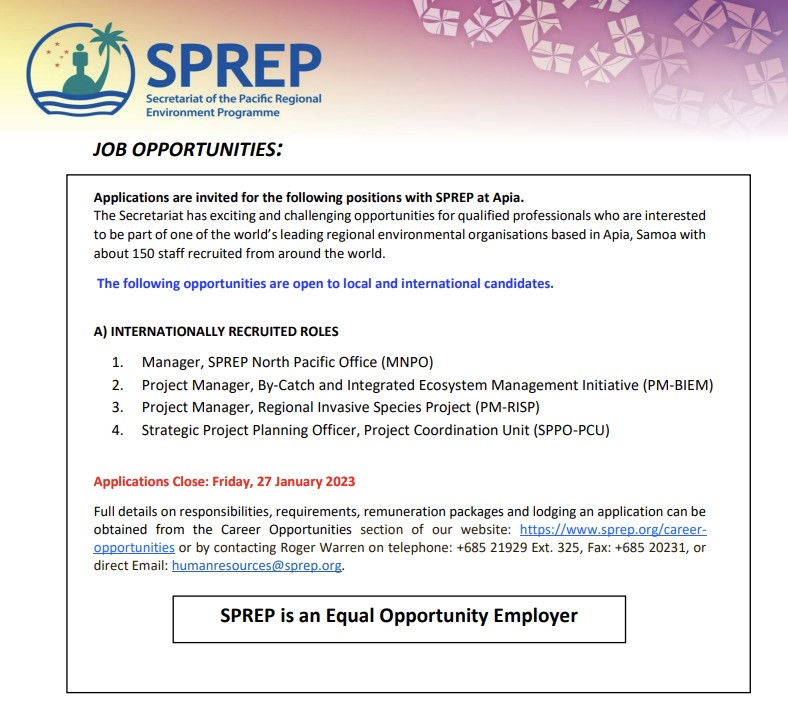Turning waste into value: Palau's glass upcycling industry making progress
- Admin

- Dec 6, 2022
- 2 min read

By L.N. Reklai
Koror— “Corona beer bottles are the best to use as a base because they are clear bottles,” said Keiko Setuguchi, subproject manager at Belau Eco Glass Project, a Koror State government program that turns used glass bottles into works of art.
The famous golden moon jellyfish of the famed Jelly Fish Lake of Koror —made of glass, glass corals, glass coconut plants, jellyfish glass goblets — are created from discarded bottles of beer such as Corona, Heineken and Budweiser.
Breaking the empty Corona beer bottles and pushing the broken pieces of glass into a furnace, Nyssia Roberts, the site supervisor, showed the ease of movements of someone confident in their task.
Dealing with broken glass and a super hot furnace deftly, Roberts said she saw the work differently after three years of working here.

Initially, she said she was focused on learning to make glass products but now she was seeing the bigger picture.
“Segregate your waste. Use food and organic waste to create methane gas, and the methane can be used to fuel and fire these furnaces; at least that’s the dream we have here,” Roberts said of her growing understanding of how this whole process works and now her hope for the future of the program.
“I want to keep doing this until I die, and it continues into the future,” Nyssa said of her passion for creating beautiful glass art while protecting the environment.
Supported by Japan International Cooperation Agency, the Belau Eco Glass Project involves volunteers from Japan who train Palauans in glass-making and marketing of the product.
Kouchi Watanabe, a JICA volunteer from the NPO Glass Graft Association, is in Palau proving training on glass-making techniques.
ADVERTISEMENT
Glass products have become popular gifts to guests and visitors to Palau. A glass gallery is located at the site where interested visitors can view the products and see how they are made.
Marketing and selling of the product is part of the training program provided by JICA to train Palauans on the production and sale of this new artwork.
At this time, however, the cost of the operation is still higher than the production level and the state government, with JICA's support, continues to subsidize the program to keep it going.
Subscribe to
our digital
monthly edition







